About the study
The Black PRAISE study is a community-level intervention to reduce HIV-related stigma in African, Caribbean, and Black (ACB) church congregations in Ontario. This study responds to previous research that examined the development of HIV-related stigma among ACB communities in Toronto and identified the need for faith leaders to address this stigma.
About stigma
Stigma is a negative stereotype. For people living with HIV, stigma can impact choices to seek treatment and testing. Stigma in the context of HIV can prevent people from getting tested for HIV, accessing care, supporting people who’ve been diagnosed, or engaging in critical dialogue about HIV. Stigma associated with HIV takes three forms. The first is an inappropriate fear of transmission caused by lack of knowledge about HIV. This can cause communities to exclude people living with HIV because they are afraid of getting HIV through casual contact. The second form of stigma is negative judgements and beliefs about people living with HIV, such as blame and shame. The third form of stigma is called compounded or layered stigma. This is when HIV-related stigma combines with additional stereotypes about groups of people such as people who inject drugs or men who have sex with men.
Study Approach
Five churches in Ontario are currently participating in the trial. There are three interventions that will be implemented during Black PRAISE: a pamphlet, a sermon, and a video. The pamphlet will be developed and distributed among the congregations to promote understanding of HIV and will include information about HIV transmission, testing, and epidemiology, among other things. The sermon will be developed by pastors and will discuss compassion and social justice to be delivered at each church on weekends. Finally, the short video will feature community members talking about stigma and its impacts and will be shown in church and available online. The team will assess stigma through a series of surveys (baseline, post-intervention, and 3-month follow-up) among the congregations and will also conduct in-depth interviews with congregants to understand how they experienced the interventions.
Eligibility Criteria
Member of the congregations at participating churches.

